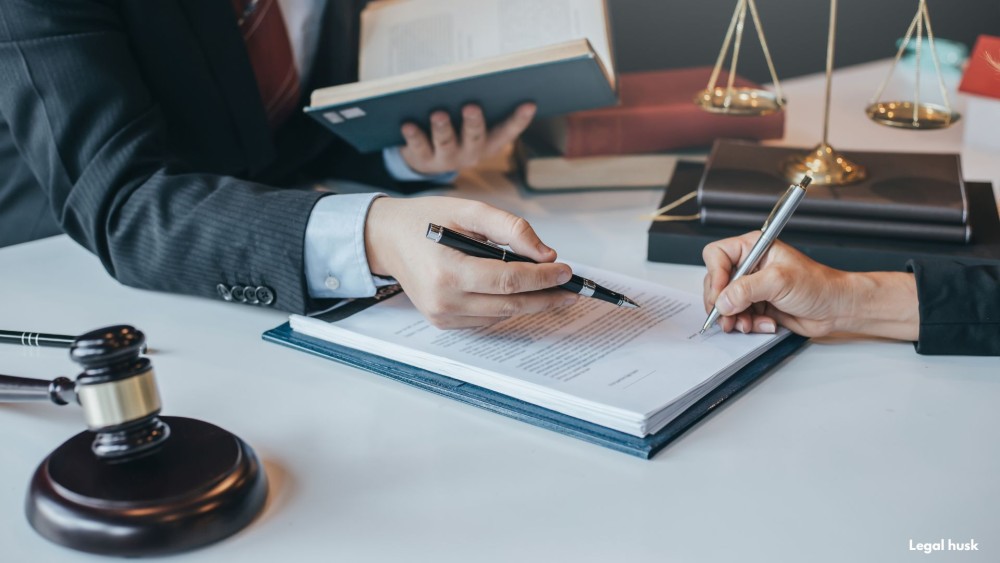
Explore the significance of precedent in Motions for Summary Judgment. Learn how legal precedents shape arguments, influence decisions, and guide courts in resolving motions efficiently.
In civil litigation, precedent—the principle of relying on prior judicial decisions—plays a crucial role in shaping legal arguments and outcomes. When it comes to Motions for Summary Judgment (MSJs), leveraging precedent can significantly enhance the persuasiveness of a motion and influence the court’s decision.
This article explores why precedent matters in MSJs, how to apply it effectively, and how it can be used strategically to secure a favorable ruling.
A Motion for Summary Judgment is a request for the court to resolve a case—or specific issues within a case—without proceeding to trial. The moving party must show two things:
No genuine issue of material fact exists.
They are entitled to judgment as a matter of law.
In arguing that the law favors their position, parties must rely on precedent—prior court decisions interpreting the applicable legal standards—to support their claims and demonstrate that the case can be decided without further factual development.
Precedent strengthens and structures MSJ arguments in several critical ways:
A. Providing a Legal Framework and Ensuring Consistency
Courts strive for consistency. Citing precedent helps the moving party demonstrate that established legal principles apply to the present case, encouraging the court to resolve the motion similarly to how it handled comparable cases.
B. Shaping Persuasive Legal Arguments
Effective MSJs frame legal issues through the lens of precedent. For example, in a fraud claim, citing key cases that define materiality or scienter allows attorneys to align their arguments with authoritative legal standards.
C. Persuading the Court to Follow Established Law
Courts operate under stare decisis—the doctrine that mandates adherence to precedent unless there is a strong reason to depart from it. Referencing binding authority (especially from the same jurisdiction) can help convince the judge that the motion should be granted without deviation from established norms.
D. Limiting Judicial Discretion
While judges have discretion, solid precedent limits that discretion by providing a clear roadmap for ruling. Strong precedential support forces the court to work within the boundaries of already decided legal principles, reducing the risk of unpredictable outcomes.
A. Strengthening the Moving Party’s Position
An MSJ grounded in strong, on-point precedent is more compelling. Judges are more likely to grant summary judgment when prior decisions provide clear guidance on the legal issues presented.
B. Overcoming Opposing Arguments
Opposing parties may try to distinguish cases or introduce nuanced factual differences. A well-drafted MSJ anticipates and addresses these distinctions, arguing that the legal principles from cited precedents still apply despite minor factual differences.
C. Enhancing Judicial Efficiency
By relying on settled law, parties assist the court in making quicker, more confident decisions. Courts prefer to resolve cases based on well-trodden legal paths rather than inventing new interpretations without necessity.
A. Identifying Relevant Cases
Focus on appellate or supreme court decisions in the relevant jurisdiction. Cases involving similar fact patterns or legal claims carry more persuasive weight.
B. Analyzing the Applicability of Precedent
Ensure that the precedent supports your specific legal issue. Distinguish between binding authority (mandatory for the court) and persuasive authority (helpful but not controlling).
C. Demonstrating Alignment with Precedent
When citing cases, show the court how the facts and legal principles align. Quote key portions of opinions and directly connect them to the facts of your case to create a logical flow.
D. Staying Updated
Precedent evolves. Make sure your citations are still good law and reflect the latest legal developments to avoid undermining your MSJ.
Be Thorough and Precise: Conduct in-depth legal research and avoid relying on outdated or overruled cases.
Explain Why Precedent Applies: Don’t just list cases—analyze them. Show how the reasoning in prior rulings leads to a clear outcome in your favor.
Preempt and Address Distinctions: Anticipate the opposing side’s attempts to differentiate your case from precedent and neutralize those arguments.
Prioritize Binding Authority: Always favor binding precedent from your jurisdiction before citing persuasive authority from other courts.
Precedent is the cornerstone of a persuasive and effective Motion for Summary Judgment. It provides structure, clarity, and persuasive power, helping parties convince courts to resolve disputes before trial. By identifying strong precedents, applying them skillfully, and addressing potential distinctions, attorneys can significantly enhance their chances of securing summary judgment.
In the world of litigation, understanding the power of precedent isn’t just useful—it’s essential for strategic and successful legal advocacy.
At Legal Husk, we specialize in crafting compelling, precedent-backed Motions for Summary Judgment designed to streamline litigation and drive favorable outcomes.
📌 Need help drafting or responding to an MSJ?
👉 Visit:
🔗 legalhusk.com
🔗 legalhusk.com/services
🔗 legalhusk.com/about-us
📩 Ready for a court-ready motion for summary judgment at a predictable price? Contact Legal Husk for expert support.
Whether you are dealing with a complex family matter, facing criminal charges, or navigating the intricacies of business law, our mission is to provide you with comprehensive, compassionate, and expert legal guidance.